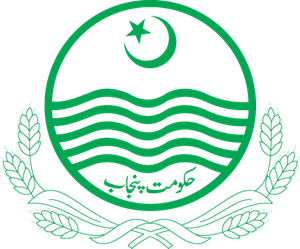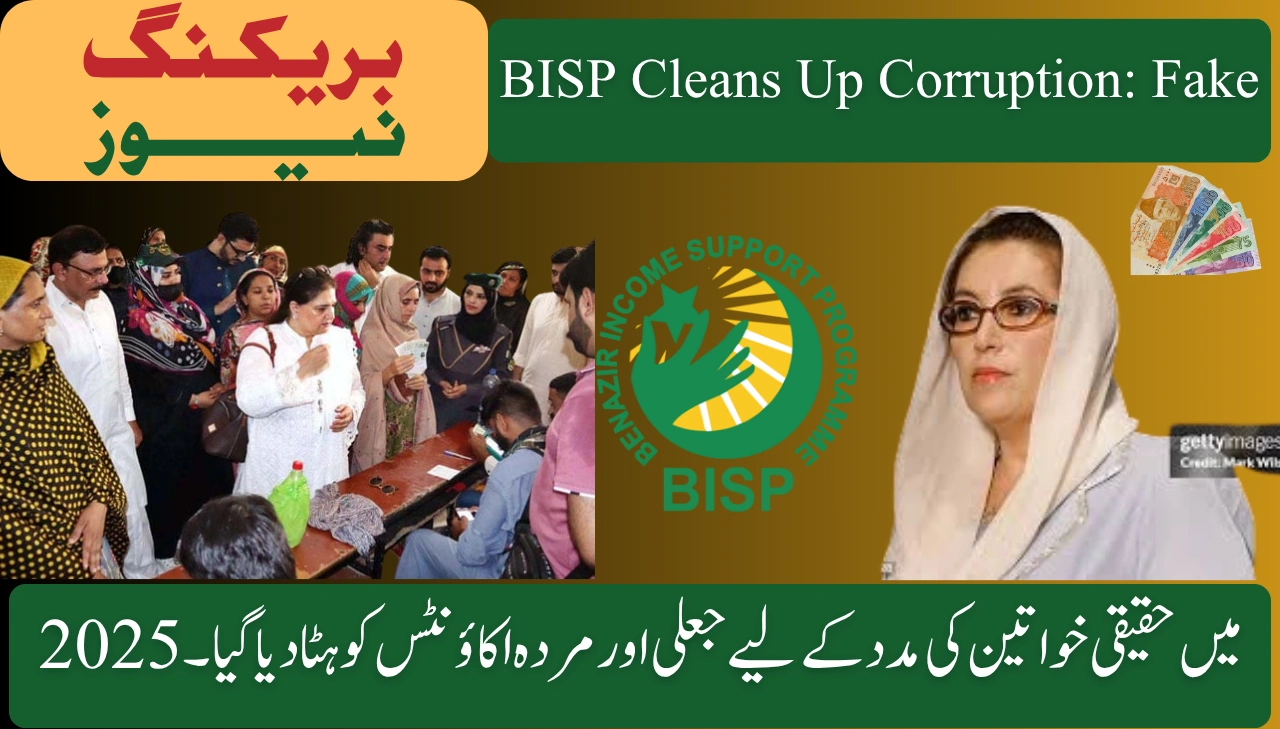In 2025, Pakistan’s largest welfare program — the Benazir Income Support Programme (BISP) — is making headlines again, but this time for the right reasons. After years of corruption and misuse, the government has finally cleaned up the system. Thousands of fake and dead accounts have been removed, and funds are now reaching the women who truly need them — on time and without interference.
What Is BISP and Why It Matters
BISP was launched to help Pakistan’s poorest families, especially women, meet their daily needs. Through this program, eligible women receive financial assistance every quarter. The goal is simple: to reduce poverty, empower women, and support families in education, health, and food security.
Unlike many other programs, BISP directly transfers money to women, giving them financial independence and control over household expenses. Over the years, it has become a symbol of hope for millions of families across the country.
The Corruption Scandal That Shocked the Nation
However, BISP’s reputation took a serious hit when investigations revealed shocking cases of corruption. Billions of rupees meant for poor families were being siphoned off through fake beneficiaries, ghost accounts, and even payments made in the names of deceased women.
Middlemen, corrupt officials, and fraudsters found ways to manipulate the system. Some used fake ID cards and biometric data to collect payments illegally. Others continued withdrawing money even after the registered beneficiaries had passed away. These practices not only wasted public funds but also delayed payments for thousands of deserving women.
2025: A Year of Reform and Transparency
The year 2025 marks a turning point for BISP. The government launched a massive cleanup operation to restore trust in the program. With the help of technology and strict monitoring, fake and dead accounts were identified and removed.
Key reforms include:
-
Biometric re-verification: Ensures that only real beneficiaries can withdraw funds.
-
Death registry checks: Stops payments immediately after a beneficiary’s death.
-
Exclusion of government employees: Prevents those already earning salaries from receiving aid.
-
Digital tracking and monitoring: Keeps a close watch on fund distribution to prevent manipulation.
-
Faster disbursement: Funds are now sent through secure digital channels for timely delivery.
These steps have made BISP payments faster, safer, and more transparent than ever before.
How the 8171 Dynamic Survey Ensures Fairness
One of the biggest tools in this reform is the 8171 Dynamic Survey. Through this system, every beneficiary’s details are verified and updated regularly.
Here’s how it works:
-
Women send their CNIC numbers to 8171 via SMS or register through the online portal.
-
Their data is checked against the National Socio-Economic Registry (NSER).
-
Duplicate, fake, or deceased records are automatically removed.
-
Only genuine, low-income women remain eligible for financial assistance.
This system reduces human error and eliminates the role of middlemen, making the entire process more reliable.
Benefits of the Cleanup
The government’s efforts are already showing positive results:
-
Real beneficiaries are receiving payments without delays.
-
Fraudulent accounts have been deleted, saving billions of rupees.
-
Public trust in BISP is being restored.
-
Funds are being used more effectively to support women and children.
-
Transparency and accountability are improving across the board.
These changes not only strengthen BISP but also enhance Pakistan’s broader fight against poverty and corruption.
Checking Your BISP Status in 2025
It’s now easier than ever for beneficiaries to check their BISP status:
1. By SMS:
Send your 13-digit CNIC number to 8171. You’ll receive an instant message confirming your eligibility and payment details.
2. Online Portal:
Visit the official BISP 8171 website, enter your CNIC, and check your status in seconds.
Always make sure your CNIC is valid and updated to avoid any delays in receiving payments.
Conclusion
The BISP corruption scandal was a dark chapter in Pakistan’s welfare history, but 2025 marks a new beginning. With fake and dead accounts removed, and digital systems ensuring real-time transparency, the program is once again fulfilling its true purpose — helping the most vulnerable women stand on their own feet.
By putting honesty, technology, and accountability at the heart of its reforms, BISP is setting an example for all public welfare initiatives in Pakistan. For millions of women, the promise of timely, fair, and corruption-free financial support has finally become a reality.

